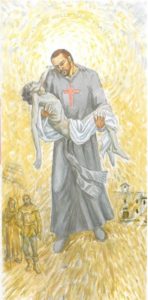 “The Lord says: “The measure you give will be the measure you get back” (Lk. 6,38). Listen to the meaning of perfect truth, consider this optimal means to acquire the precious margarita of charity, of which the holy gospel says: when someone finds one pearl of great value, he goes and sells all that he has and buys it (cf. Mt.13,46). Charity is what transforms us in God and purifies us from every stain of sin, because love conceals a multitude of sins”.
“The Lord says: “The measure you give will be the measure you get back” (Lk. 6,38). Listen to the meaning of perfect truth, consider this optimal means to acquire the precious margarita of charity, of which the holy gospel says: when someone finds one pearl of great value, he goes and sells all that he has and buys it (cf. Mt.13,46). Charity is what transforms us in God and purifies us from every stain of sin, because love conceals a multitude of sins”.
Let us give attention to the lexicon familiar to Camillus when he speaks about our specific vocation. It is “the optimal means to acquire the precious margarita of charity”, “capital of graces from the Holy Spirit”, “great profit”, “transforms us in God”, “purifies us from every stain of sin”. Let us approach other expressions scattered in the letters. The vocation is “the great talent which our Lord has placed in our hands to attain the sanctity of life and then the eternal glory” (Writings, 453). “Wretched are we if we bury such a good talent” (Ib., 322); “O happy are the ministers of the infirm if we will spend well the talent which the Lord has given us” (Ib., 397); the Institute is “the hoy vineyard” in which we work to please God and to serve him, we don’t need to bend to the right or to the left, but to walk straight” (Ib., 397); “the plant for which awaits much glory of God” (Ib., 455;123); “humble little plant” (Ib., 95, see also 135); “The Lord wants to make perfect this poor little plant of his” (Ib.,89); “Little boat”: the Lord “is with us and wants to give wind to sail his little boat” (Ib., 132); the religion of the ministers of the infirm is “holy” (Ib.,463); and “does many great works of mercy for the poor” (Ib., 247). The hospital of Genova is his “nest” where he is glad to find himself to work “by the grace of my Lord who gives me the grace and I hope that he will give me his grace for these other four remaining days” (Ib., 332). The hospital of Holy Spirit is “a beautiful garden full of flowers and fruits which is near to the castle S. Angelo “(Cicatelli, 377).
The images of “nest” and the “flowered garden” compared to the reality of hospital wards which accommodated the miseries and the sufferings of human wreck are undoubtedly strong, but it is in such levels that he lived the mission. And it is with this illuminated and spontaneous spirit that he was an attracting and driving force for the young religious. He dyed his pen in the heart of his convictions when he was writing to the novices of Palermo.








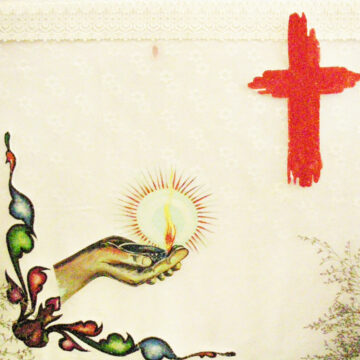
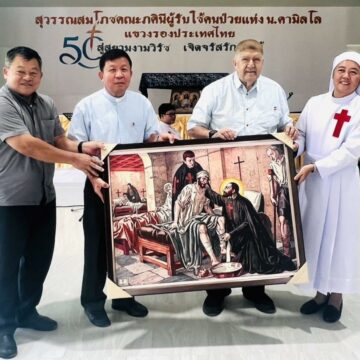
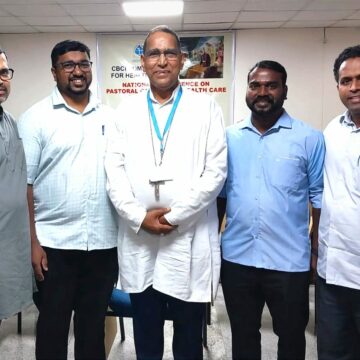
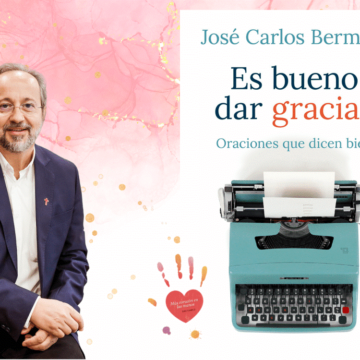

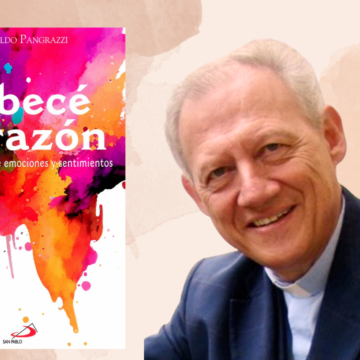
Camillians on Facebook
Camillians on Twitter
Camillians on Instagram